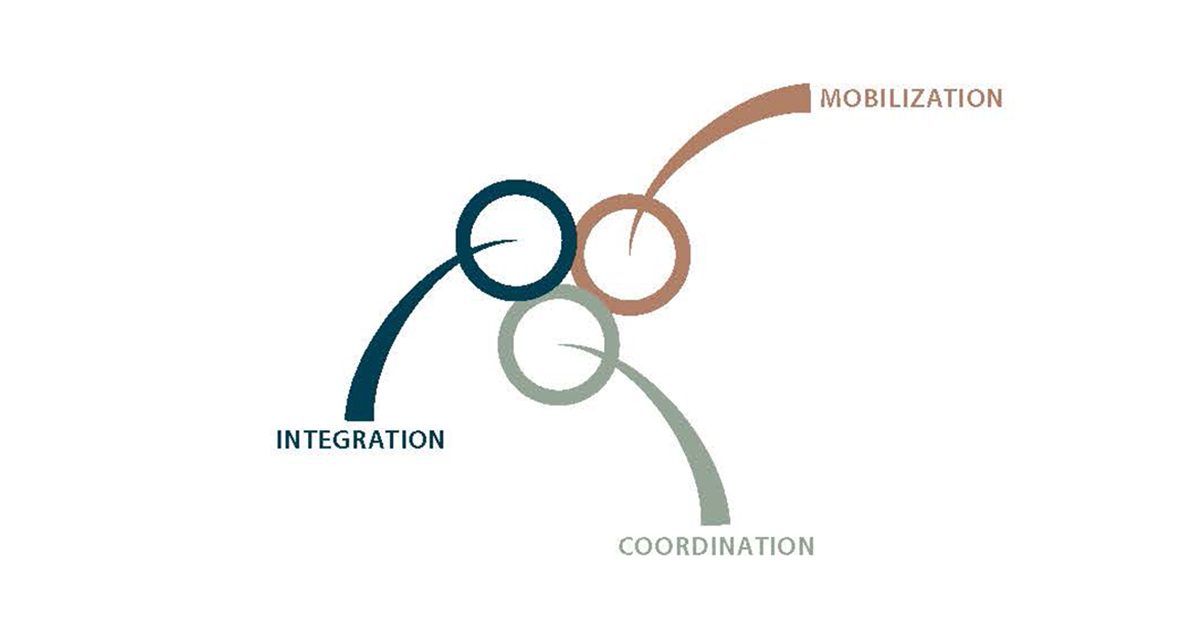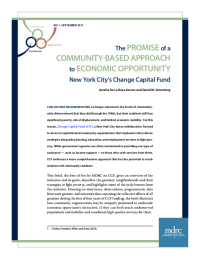The Promise of a Community-Based Approach to Economic Opportunity
New York City’s Change Capital Fund

Low-income neighborhoods no longer experience the levels of community-wide disinvestment that they did through the 1990s, but their residents still face significant poverty, risk of displacement, and limited economic mobility. For this reason, Change Capital Fund (CCF), a New York City donor collaborative, formed to invest in sophisticated community organizations that implement data-driven strategies integrating housing, education, and employment services to fight poverty. While government agencies are often constrained in providing one type of assistance — such as income support — to those who seek services from them, CCF embraces a more comprehensive approach that has the potential to reach underserved community residents.
This brief, the first of five by MDRC on CCF, gives an overview of the initiative and its goals, describes the grantees’ neighborhoods and their strategies to fight poverty, and highlights some of the early lessons from the initiative. Drawing on interviews, observations, programmatic data from each grantee, and outcomes data capturing the collective efforts of all grantees during the first of four years of CCF funding, the brief illustrates how community organizations may be uniquely positioned to undertake economic opportunity initiatives, if they can both reach underserved populations and mobilize and coordinate high-quality services for them.
The first year of CCF was a ramp-up year, with grantee efforts focused on building internal capacity and the appropriate infrastructure to put their respective interventions into place and scale them up over the next three years. These steps included hiring staff, adopting internal processes to make it easier to share knowledge, putting into practice new ways to coordinate service delivery, establishing data tracking systems, and defining outcomes to measure their work. CCF is a rare funding opportunity, providing financial support to grantees’ internal capacity-building efforts while also emphasizing rigorous outcomes measurement and tracking to enable grantees to demonstrate their success in serving neighborhood residents.






